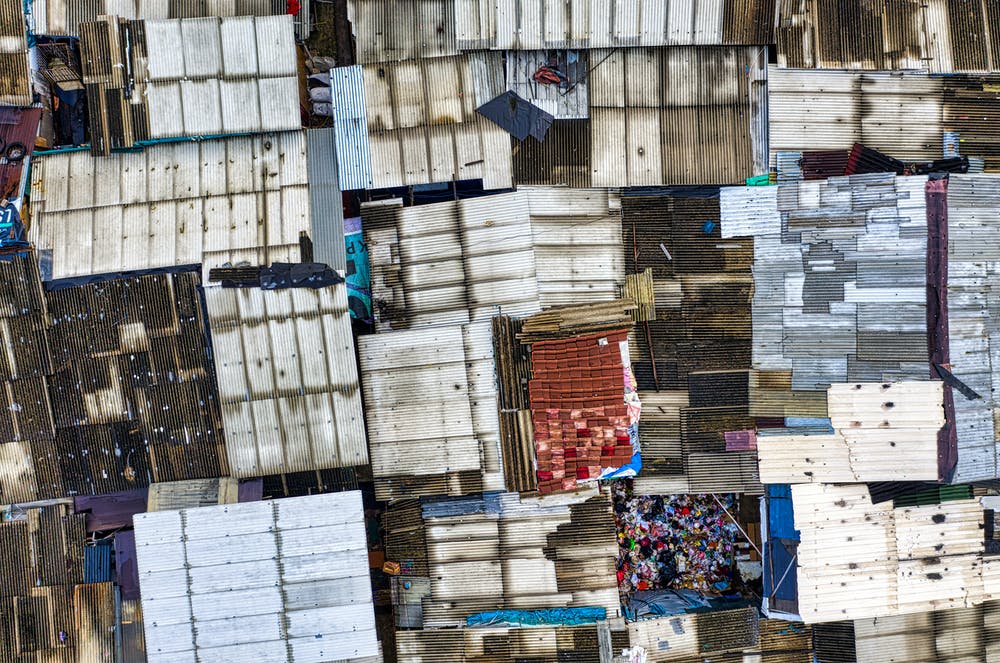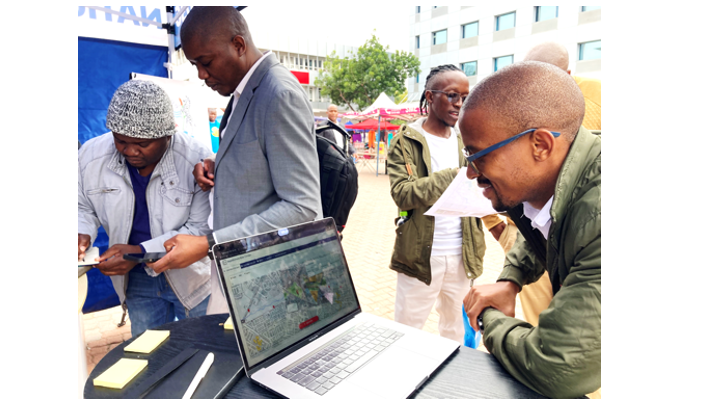In line with UNITAC's mission and vision, we are currently conducting the following projects. The areas covered pertain to mapping, digital inclusion and digital rights. |
 | Using AI to Map Informal Settlements in eThekwini, South AfricaeThekwini has the largest number of informal settlements of any municipality in South Africa. It currently houses over 587 informal settlements encompassing 314,000 households, which comprises over a quarter of the city’s population. Continued urbanization and a dwindling supply of well-located, serviced land has resulted in a multitude of vulnerabilities experienced by its population. In line with the city’s efforts to improve its data accessibility and management, UNITAC Hamburg is collaborating with the local government to develop an innovative and scalable approach for enhancing the land monitoring process, particularly focusing on better understanding informal settlements in the city. |
Sustainable urban recovery in UkraineCities in Ukraine are under high pressure to respond to and recover from the severe ongoing disruptions to housing, basic service provisions, the economy, and other essential areas of life. Physical damages and vulnerabilities related to internal displacement are being exacerbated by the harsh conditions of winter and must urgently be addressed. Through the establishment of an Urban Lab in Kyiv, UN-Habitat will localize its global urban expertise and build partnerships with Ukrainian urban and built environment experts. The Urban Lab in Kyiv will support the delivery of recovery plans for territorial communities using UN-Habitat's globally tested methodology for integrated, evidence-based urban solutions, with the support of UNITAC’s unique expertise in digital tools enhancing people-centred planning. |  |
 | Digital participatory urban planning in Gaborone, BotswanaThe Government of Botswana, recognizing the immense potential of innovative technologies, is committed to drive digital transformation for sustainable urban development in the country. To support this ambition, the two-day workshop aimed at exploring the opportunity of establishing a Regional Smart Cities Hub in Botswana. Using DIPAS (Digital Participation System) to complement ongoing participatory processes on the Segoditshane river corridor and on the draft masterplan, the workshops demonstrated how UNITAC methods and tools can be aligned with urban planning activities and can amplify existing participatory planning processes in Botswana. |
